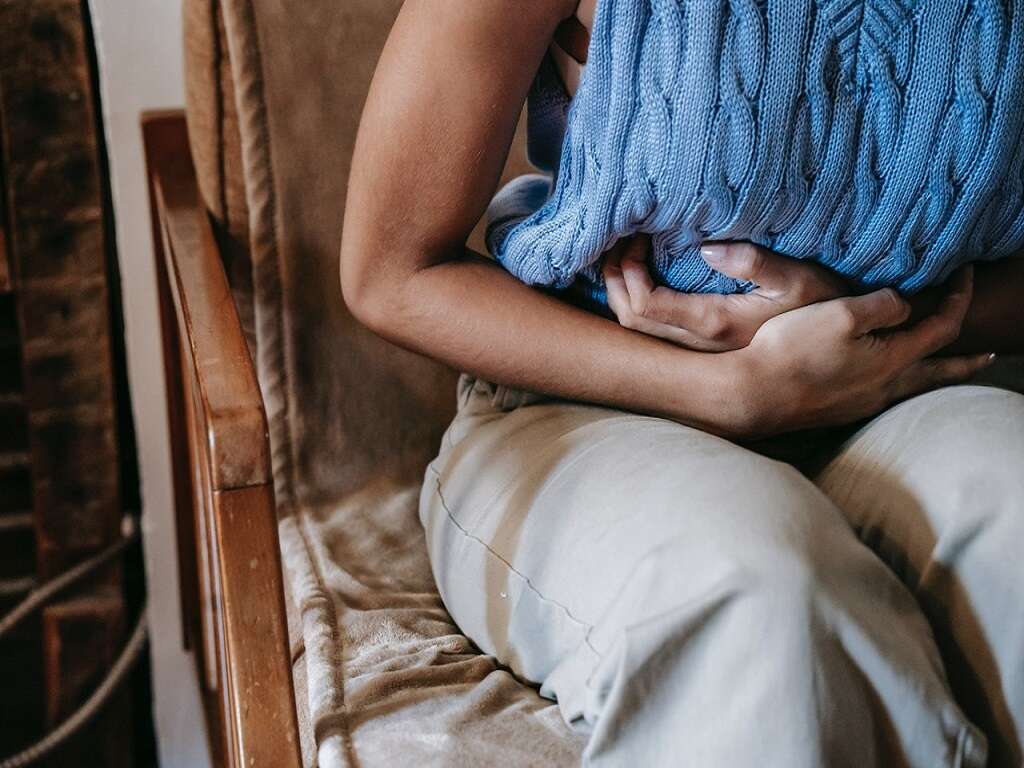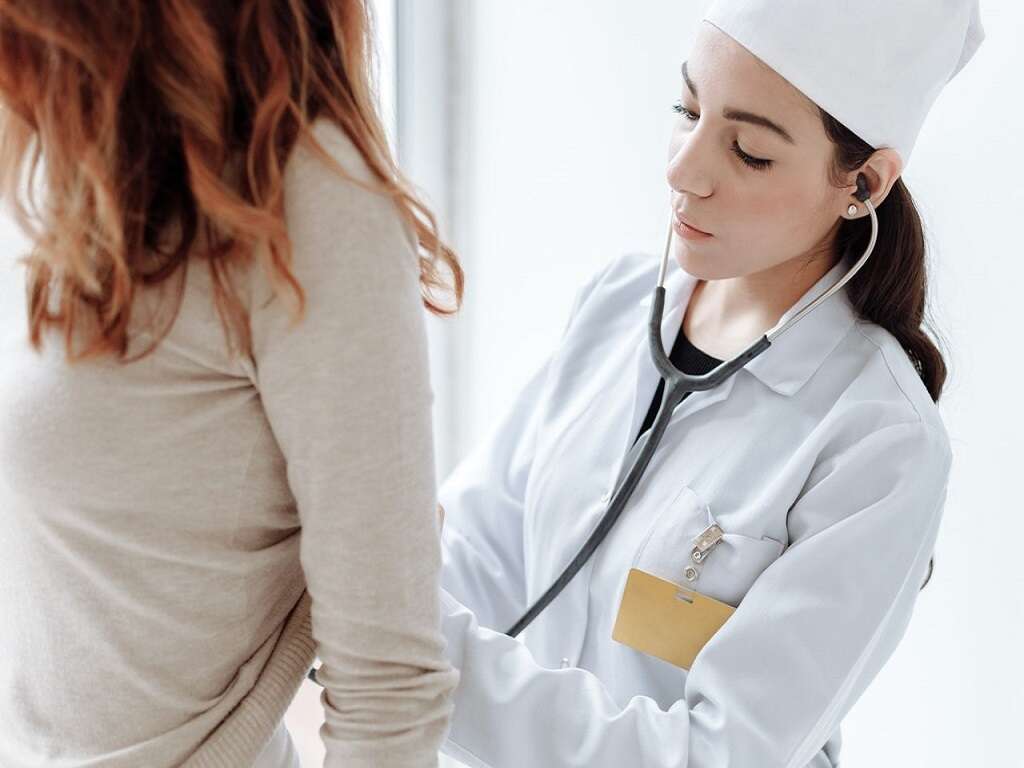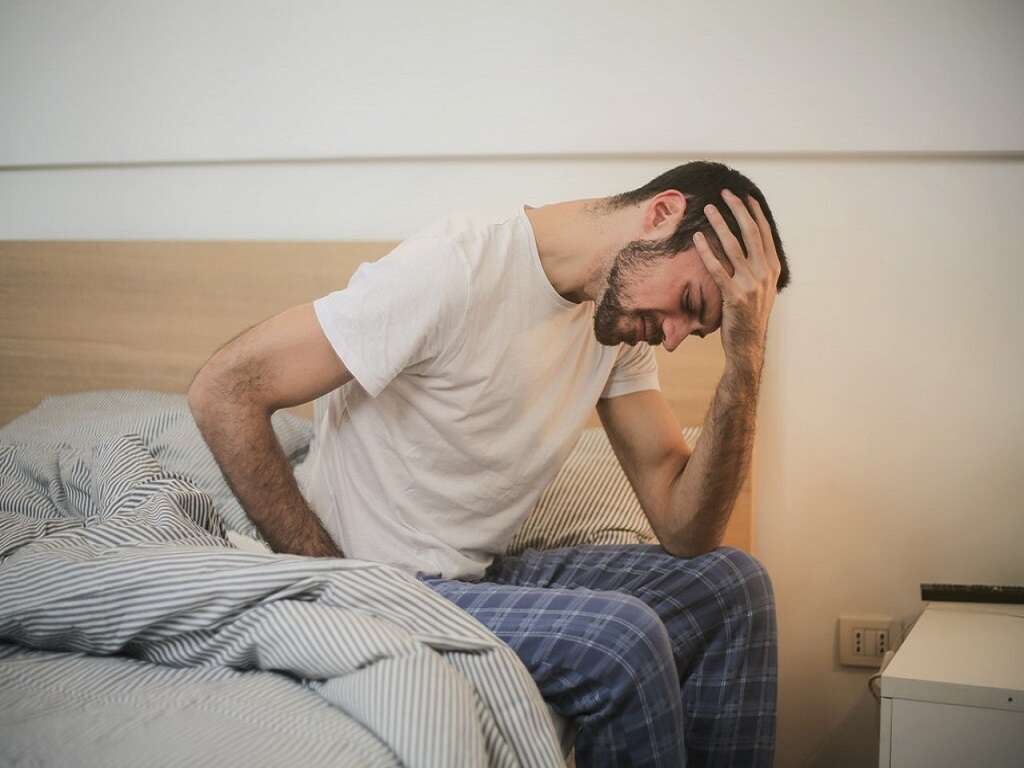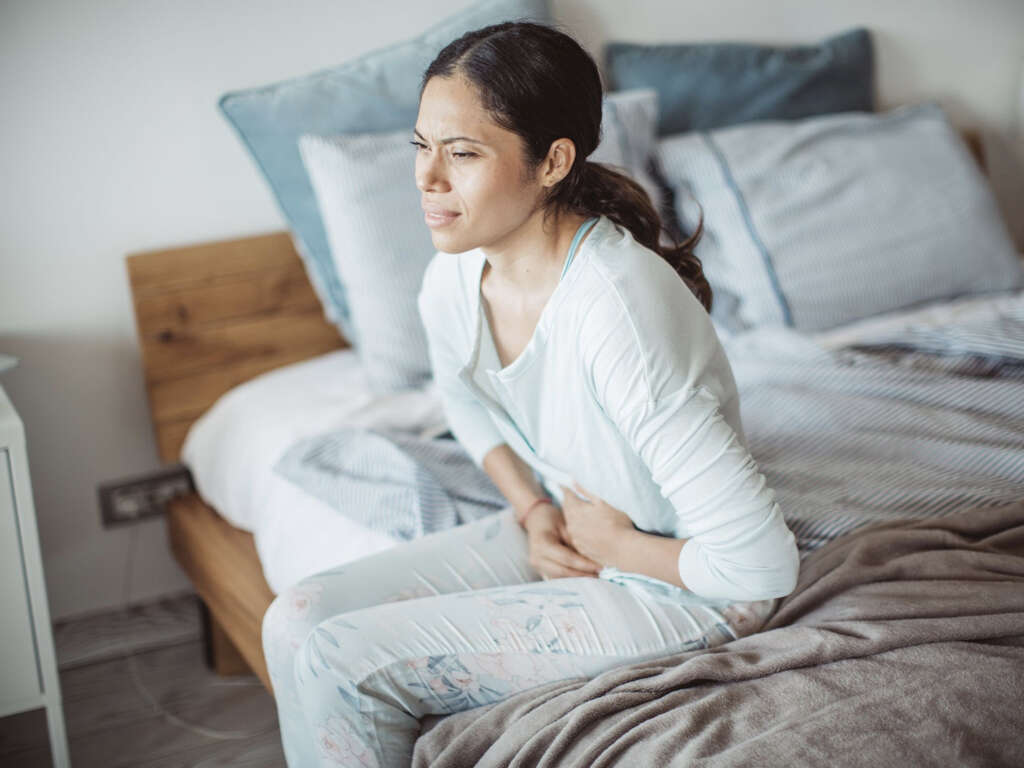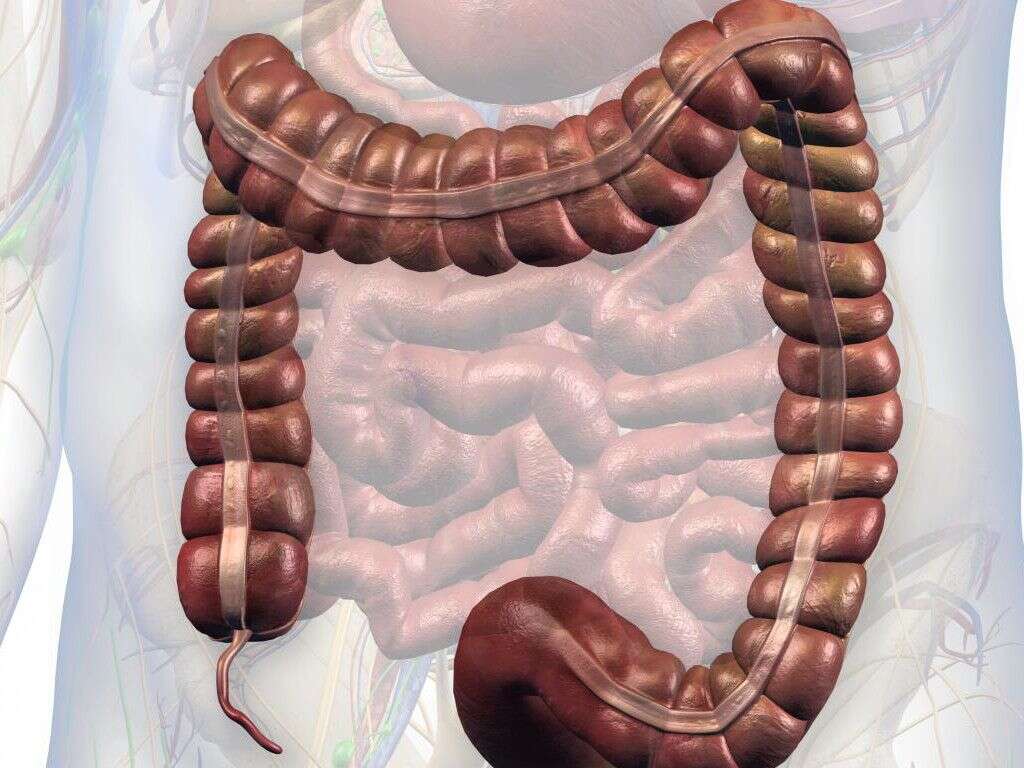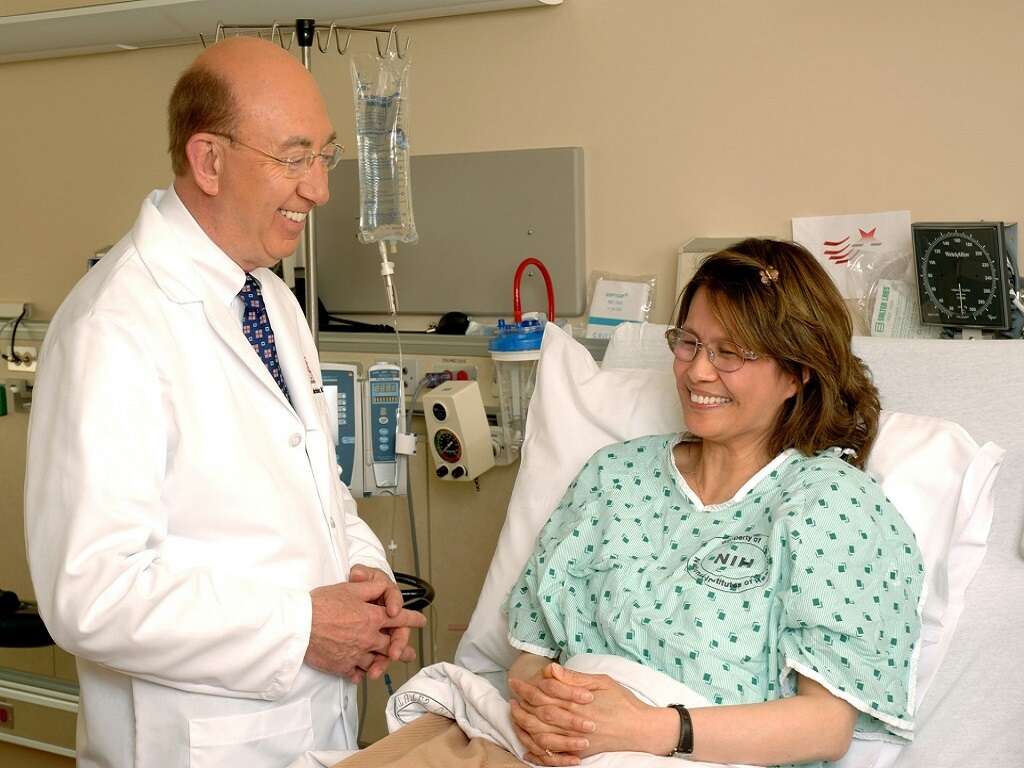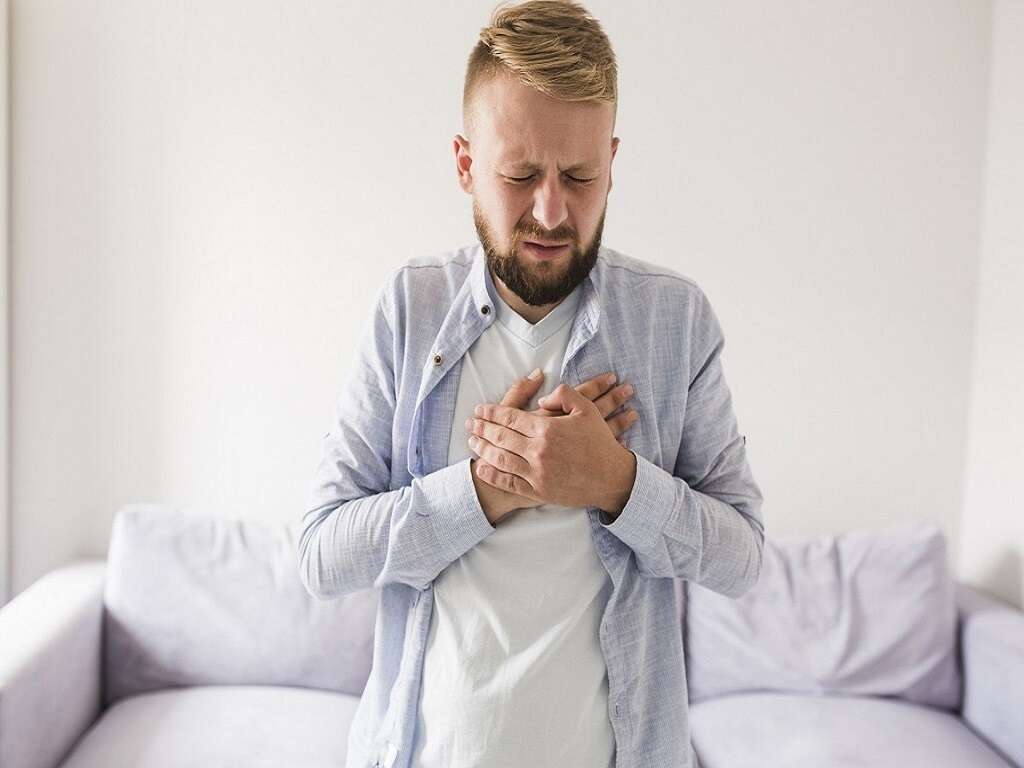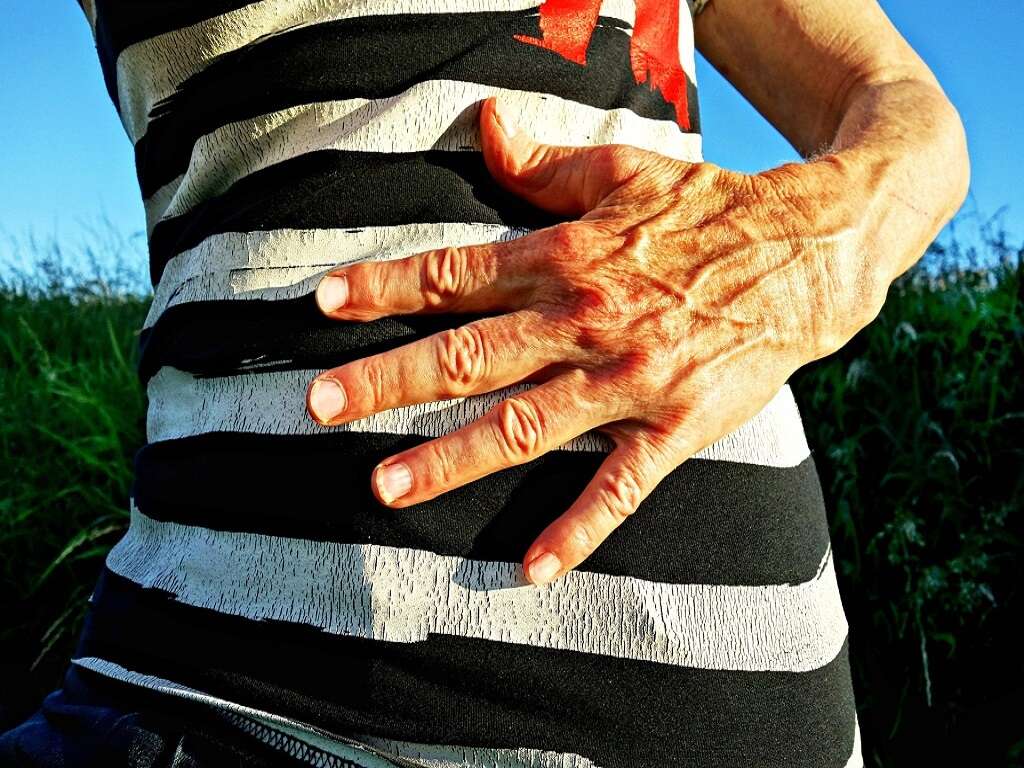10 Common Causes of Pain In Lower Left Quadrant
 Article Sources
Article Sources
- 1. Willacy, Dr Hayley. 'Left Lower Abdominal Pain: Left Lower Quadrant: Causes & Treatment.' Patient.info, 31 Mar. 2021, patient.info/signs-symptoms/left-lower-quadrant-pain#nav-2
- 2. 'Diverticulitis.' Mayo Clinic, Mayo Foundation for Medical Education and Research, 7 May 2020, www.mayoclinic.org/diseases-conditions/diverticulitis/symptoms-causes/syc-20371758
- 3. 'Inguinal Hernia: Types, Symptoms, Diagnosis & Treatments.' Cleveland Clinic, my.clevelandclinic.org/health/diseases/16266-inguinal-hernia
- 4. 'CDC -What Is Inflammatory Bowel Disease (IBD)? - Inflammatory Bowel Disease - Division of Population Health.' Centers for Disease Control and Prevention, Centers for Disease Control and Prevention, 22 Mar. 2018, www.cdc.gov/ibd/what-is-IBD.htm
- 5. 'Mittelschmerz.' Mayo Clinic, Mayo Foundation for Medical Education and Research, 25 Sept. 2020, www.mayoclinic.org/diseases-conditions/mittelschmerz/symptoms-causes/syc-20375122
- 6. 'Ovarian Torsion.' Yale Medicine, Yale Medicine, 11 Nov. 2019, www.yalemedicine.org/conditions/ovarian-torsion
- 7. 'Ectopic Pregnancy.' ACOG, www.acog.org/womens-health/faqs/ectopic-pregnancy
- 8. 'Testicular Torsion.' Mayo Clinic, Mayo Foundation for Medical Education and Research, 4 Apr. 2020, www.mayoclinic.org/diseases-conditions/testicular-torsion/symptoms-causes/syc-20378270
- 9. 'Shingles.' Mayo Clinic, Mayo Foundation for Medical Education and Research, 6 Oct. 2020, www.mayoclinic.org/diseases-conditions/shingles/symptoms-causes/syc-20353054
- 10. 'Kidney Stones.' Kidney Stones: Symptoms, Diagnosis & Treatment - Urology Care Foundation, [www.urologyhealth.org/urology-a-z/k/kidney-stones.](http://www.urologyhealth.org/urology-a-z/k/kidney-stones.)
- 11. 'Kidney Infection.' Mayo Clinic, Mayo Foundation for Medical Education and Research, 26 Aug. 2020, www.mayoclinic.org/diseases-conditions/kidney-infection/symptoms-causes/syc-20353387
The lower left quadrant is the lower-left section of the torso. It includes the small bowel, parts of the large bowel, the rectum and the left ureter, ovary and fallopian tube in women. Disorders affecting any of these components may cause pain in the lower left quadrant.
To determine the cause of pain, a physician conducts an examination, concentrating on the painful area. They may take urine and blood samples for laboratory analysis and order imaging tests, a sigmoidoscopy, colonoscopy or barium enema. The test results help the doctor diagnose the cause of the pain and what's necessary to address it.1Willacy, Dr Hayley. ‘Left Lower Abdominal Pain: Left Lower Quadrant: Causes & Treatment.’ Patient.info, 31 Mar. 2021, patient.info/signs-symptoms/left-lower-quadrant-pain#nav-2
Diverticulitis
Small bulging pouches, called diverticula, may form in the lining of the digestive system, especially in the lower part of the colon, and diverticulitis occurs when these pouches become inflamed or infected. This may cause pain, usually in the lower-left side of the abdomen, which may be continuous and last for days. Other symptoms may include fever, constipation or diarrhea, and nausea and vomiting.
Doctors may prescribe rest, dietary modifications and antibiotics to help address diverticulitis. In severe or recurrent cases, surgery may be required. Surgery may also be needed if complications develop, such as an abscess, a fistula or blockage.2‘Diverticulitis.’ Mayo Clinic, Mayo Foundation for Medical Education and Research, 7 May 2020, www.mayoclinic.org/diseases-conditions/diverticulitis/symptoms-causes/syc-20371758
Inguinal Hernia
If a bulge appears in the left groin accompanied by pain, an inguinal hernia may be present. This occurs when tissue protrudes through the abdominal wall into the groin. An inguinal hernia may also produce burning, heaviness and weakness in the groin, and the scrotum in a male may become swollen.
Inguinal hernias may be congenital, but they often develop later in life, especially in men. If the physician cannot manipulate the protruding tissue back into place, surgery may be needed.3‘Inguinal Hernia: Types, Symptoms, Diagnosis & Treatments.’ Cleveland Clinic, my.clevelandclinic.org/health/diseases/16266-inguinal-hernia
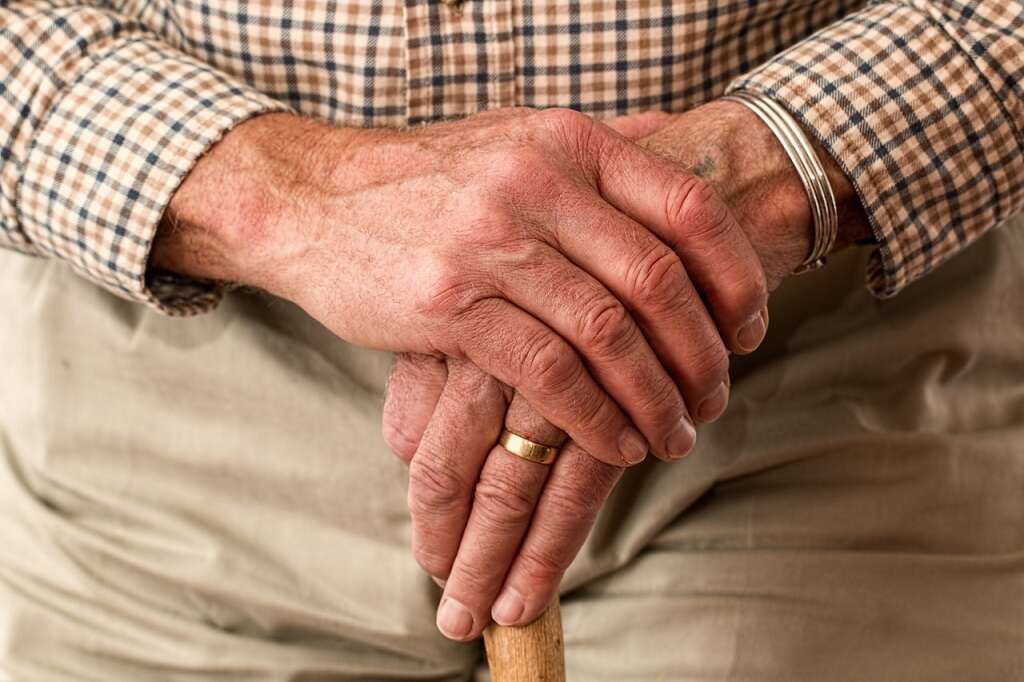
Inflammatory Bowel Disease
Inflammatory bowel disease, or IBD, may cause chronic inflammation in the gastrointestinal tract, leading to damage. Crohn's disease and ulcerative colitis are the two main inflammatory bowel diseases. Pain in the lower left quadrant may be a symptom of IBD. Other symptoms may include persistent diarrhea, weight loss, fatigue and bloody stools.
Diagnosing IBD may include stool and imaging studies, endoscopy and colonoscopy. Medications are available to help manage IBD, but sometimes damaged sections of the gastrointestinal tract must be surgically removed.4‘CDC -What Is Inflammatory Bowel Disease (IBD)? - Inflammatory Bowel Disease - Division of Population Health.’ Centers for Disease Control and Prevention, Centers for Disease Control and Prevention, 22 Mar. 2018, www.cdc.gov/ibd/what-is-IBD.htm
Mittelschmerz
If a woman experiences pain in the lower left abdomen, it may be due to mittelschmerz. This is pain that occurs approximately halfway through the menstrual cycle when the ovary releases an egg.
A woman may feel dull, achy pain or experience sharp, sudden pain. Discomfort is typically short term, usually lasting from a few minutes to a few hours. It may be accompanied by slight vaginal bleeding or discharge. Medical care usually isn't needed.5‘Mittelschmerz.’ Mayo Clinic, Mayo Foundation for Medical Education and Research, 25 Sept. 2020, www.mayoclinic.org/diseases-conditions/mittelschmerz/symptoms-causes/syc-20375122

Twisted Ovary
When a woman or girl develops a sudden, intense pain in the lower left abdomen accompanied by vomiting, she may have a twisted ovary. This may occur when the ovary or fallopian tube twists on its supporting tissues, cutting off the ovary's blood supply. Without prompt medical intervention, the ovary may die, possibly affecting fertility.
Diagnostic measures include a physical examination and an ultrasound. During a surgical procedure, a surgeon may be able to untwist the ovary or fallopian tube and restore blood flow.6‘Ovarian Torsion.’ Yale Medicine, Yale Medicine, 11 Nov. 2019, www.yalemedicine.org/conditions/ovarian-torsion
Ectopic Pregnancy
Another possible cause of female lower left quadrant pain is ectopic pregnancy. This occurs when a fertilized egg develops in the fallopian tube instead of the uterus. As the embryo grows, the fallopian tube may rupture, causing life-threatening internal bleeding. Symptoms of an ectopic pregnancy may include sudden, severe abdominal or pelvic pain, shoulder pain, weakness, dizziness and fainting.
If detected before the tube ruptures, medication may be used to end the pregnancy. Surgery is needed once the fallopian tube ruptures.7‘Ectopic Pregnancy.’ ACOG, www.acog.org/womens-health/faqs/ectopic-pregnancy

Torsion of the Testicle
In a male, lower left quadrant pain may be a symptom of testicular torsion. This occurs when the testicle rotates, twisting the spermatic cord that delivers blood to the testicle. Restricted blood flow usually leads to sudden pain and swelling in the scrotum. Other symptoms may include fever, nausea and vomiting.
Immediate surgery is necessary to untwist the testicle and restore normal blood flow. If the blood supply is restricted for too long, the affected testicle must be removed.8‘Testicular Torsion.’ Mayo Clinic, Mayo Foundation for Medical Education and Research, 4 Apr. 2020, www.mayoclinic.org/diseases-conditions/testicular-torsion/symptoms-causes/syc-20378270
Shingles
Lower left quadrant pain may be the first sign of shingles, which is caused by the same virus that causes chickenpox. Shingles causes a painful rash in a small area on one side of the body. Later, a red rash may appear with fluid-filled blisters. Burning, tingling, itching, fever, headache and fatigue may be present. Some people only experience the pain without other symptoms.
Antiviral medications may limit symptoms and speed healing. The Shingrix vaccine may help prevent shingles.9‘Shingles.’ Mayo Clinic, Mayo Foundation for Medical Education and Research, 6 Oct. 2020, www.mayoclinic.org/diseases-conditions/shingles/symptoms-causes/syc-20353054

Kidney Stones
A stone in the left kidney that migrates may cause sharp, cramping pain in the left-back and side. As the stone travels, the pain migrates to the left abdomen and groin. Other symptoms may include burning with urination, blood in the urine, nausea and vomiting.
Kidney stones sometimes pass by themselves. Shock wave lithotripsy may be used to break stones into smaller pieces, so they pass out of the body more easily. Alternatively, a doctor may remove the stones surgically.10‘Kidney Stones.’ Kidney Stones: Symptoms, Diagnosis & Treatment - Urology Care Foundation, www.urologyhealth.org/urology-a-z/k/kidney-stones.
Kidney Infection
An infection in the left kidney may cause left-side pain in the back, side, abdomen and groin. The person may also have fever and chills. They may need to urinate often, and they may feel burning or pain while urinating. The urine may be cloudy, have a foul odor and contain pus or blood.
Kidney infections should be addressed promptly to prevent the spread of a potentially lethal infection to the bloodstream. Doctors may prescribe oral or intravenous antibiotics to address a kidney infection.11‘Kidney Infection.’ Mayo Clinic, Mayo Foundation for Medical Education and Research, 26 Aug. 2020, www.mayoclinic.org/diseases-conditions/kidney-infection/symptoms-causes/syc-20353387


